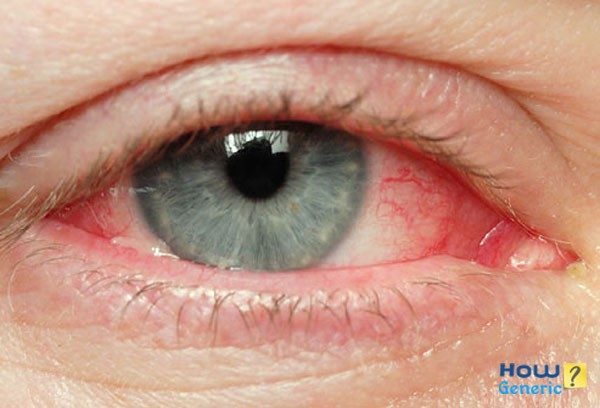How to Deal with and Overcome Common Allergies
A lot of people are allergic to something or the other. An allergy is basically an abnormal response of the immune system of your body to something that it finds irritating. It really helps to identify what allergen affects your body adversely so that you can take steps to avoid life-threatening or even mild symptoms. Below are some of the most common allergies that people tend to suffer from, along with suggestions as to how you can combat them.
Pollen: If you are allergic to pollen one or more of the following symptoms is generally observed- sneezing, congested/ runny nose, watering/ itching of eyes. You can treat seasonal allergies to pollen with over-the-counter or prescription medication, as well as with allergy shots. Try to stay indoors on windy days and keep the windows closed.
Animal dander – Some people are allergic to substances present in the skin or saliva of animals. Such allergies could take months, even years to develop, and months to subside even after distancing the pet. If your pet is causing an allergy, bathe and groom him regularly. Avoid carpets and keep your bedroom pet-free. Keeping the house squeaky clean, using HEPA filters and getting allergy shots are also helpful.
Dust mites: These feed on dead skin cells, pollen and microorganisms. You should keep pillows and mattresses covered and have the covers washed in hot water every week. Keep the house as clean as possible, avoiding heavy carpets, curtains and other duct collecting stuff.
Insect stings: Nausea, fever, fatigue, redness, dizziness, and swelling are common symptoms, and can last up to a week, even more. In more severe cases (anaphylaxis) it becomes difficult to breathe, the facial parts could swell up with or without rashes/ hives, blood pressure could drop sharply and pulse can rise rapidly. If you are allergic get epinephrine right after the sting, and take allergy shots for prevention.
Moulds: Besides being irritating allergens, they could also be toxic. Inhalation causes allergic reactions for some. They grow in moist environments (bathrooms, basements, grass etc.) so be sure to ventilate all areas of your home thoroughly, and keep it as clean as possible.
Food: Allergies to specific foods is very common, particularly for milk, eggs, nuts and shellfish. Within minutes of consumption the person exhibits one or more of the following symptoms: swelling of facial parts, vomiting, difficult breathing, diarrhoea, hives etc. Steer clear of foods which have this effect on you, and get epinephrine immediately if you happen to eat some by mistake.
Latex: People allergic to latex (gloves, medical devices, condoms etc.) can experience mild to severe reactions including rashes, sneezing, runny nose, itching, eye irritation, hives, difficult breathing etc. you should keep an epinephrine kit handy if you are prone to such reactions.
Medication: Some drugs may have an allergic reaction in the patient, causing mild or fatal symptoms – hives, itchiness of eyes, facial swelling, congestion etc. You should completely avoid drugs you’re allergic to and treat reactions with steroids, antihistamines or epinephrine.
Fragrance: Some people suffer allergic reactions to particular smell/s. The symptoms generally subside when you move away from the odour. Sometimes repeated exposure to the allergen can increase the duration and severity of the symptoms.
Cockroaches: Their droppings could be troublesome allergens. You should keep your home as clean as possible, repair any holes and cracks, and use pesticides to keep them at bay.
How to Deal with and Overcome Common Allergies
Spread the love












